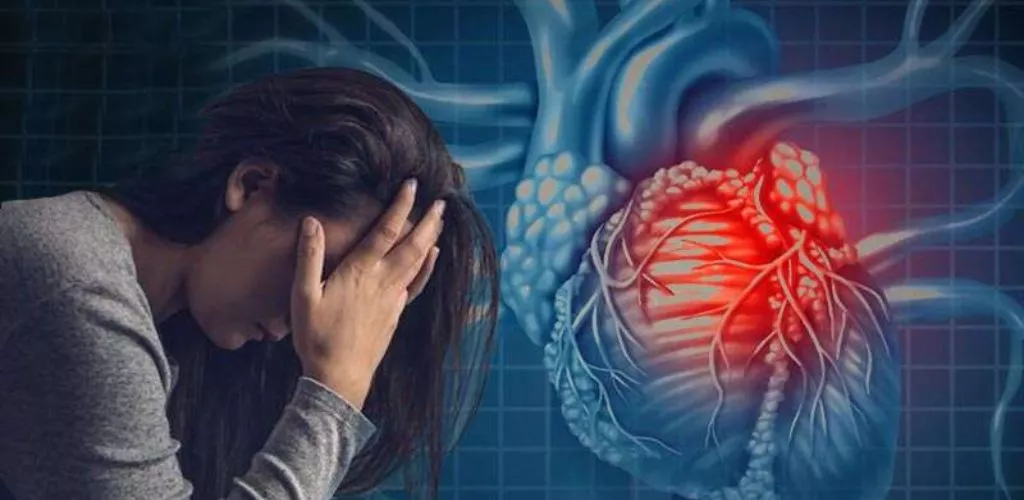Introduction
Pancreatic cancer is a significant challenge in the field of oncology. Known for its aggressive nature and often late-stage diagnosis, understanding pancreatic cancer is crucial for early detection and improved treatment outcomes. Patients seeking specialized care often consider an Oncology Hospital in Hebbal Bangalore for advanced diagnostic and treatment facilities. In this comprehensive guide, we will delve into the intricacies of this disease, including its causes, symptoms, diagnostic methods, and available treatment options.
Understanding the Pancreas
The pancreas is a vital organ situated behind the stomach. It plays a dual role in the body, functioning as both an endocrine and exocrine gland. As an endocrine gland, it regulates blood sugar levels by secreting insulin and other hormones into the bloodstream. Simultaneously, as an exocrine gland, it produces digestive enzymes necessary for breaking down food in the intestines.
What Causes Pancreatic Cancer?
Pancreatic cancer occurs when cells within the pancreas begin to grow uncontrollably, leading to the formation of tumors. While the precise cause remains unclear, several risk factors have been identified:
- Age: The risk of pancreatic cancer increases with age, with the majority of cases occurring in individuals over 65.
- Tobacco Use: Cigarette smoking is one of the most significant risk factors, doubling the risk of pancreatic cancer.
- Family History: A family history of pancreatic cancer or certain genetic syndromes can elevate an individual's risk.
- Obesity: Obesity has been linked to an increased risk of developing pancreatic cancer.
- Diabetes: Long-standing diabetes is associated with a slightly higher risk of pancreatic cancer.
- Chronic Pancreatitis: Inflammation of the pancreas over many years may raise the risk of cancer.
- Diet: A diet high in red and processed meats, as well as low fruit and vegetable intake, may contribute to an increased risk.
Common Symptoms
Pancreatic cancer is notorious for being asymptomatic in its early stages. As it progresses, the following symptoms may become evident:
- Jaundice: Yellowing of the skin and eyes due to blocked bile ducts.
- Abdominal Pain: Discomfort or pain in the abdomen, which may radiate to the back.
- Unintended Weight Loss: Significant weight loss not attributed to diet or exercise.
- Loss of Appetite: A decreased desire to eat.
- Change in Stool: Light-colored, oily stools that float in the toilet.
- New-Onset Diabetes: Diabetes that develops recently with no obvious cause.
Diagnosis and Staging
Diagnosing pancreatic cancer is a complex process that typically includes:
- Imaging Tests: CT scans, MRIs, and ultrasounds provide detailed images of the pancreas and surrounding areas.
- Biopsy: Tissue samples are collected for examination to confirm the presence of cancer cells.
- Blood Tests: Elevated levels of certain substances in the blood may suggest pancreatic cancer.
- Staging: Determining the stage of cancer helps guide treatment decisions. Pancreatic cancer is staged from I (localized) to IV (advanced and spread to distant organs).
Patients often consult with experienced Oncologists in Hebbal Bangalore to ensure accurate diagnosis and a personalized treatment plan.
Treatment Options
The treatment of pancreatic cancer depends on the stage at diagnosis and overall health. Common approaches include:
- Surgery: Surgery is most effective for localized tumors. It may involve tumor removal, the Whipple procedure, or bypass surgery for symptom relief.
- Chemotherapy: Chemotherapy drugs can slow the growth of cancer cells, relieve symptoms, and in some cases, downstage the disease, potentially making surgical intervention possible.
- Radiation Therapy: High-energy rays are directed at the tumor to kill cancer cells or slow their growth.
- Targeted Therapy: Medications that target specific abnormalities in cancer cells can be effective.
- Immunotherapy: A newer approach that boosts the body's immune system to fight cancer.
- Palliative Care: Focuses on relieving symptoms and improving the quality of life for individuals with advanced cancer.
Conclusion
Pancreatic cancer is a challenging disease that demands increased awareness, research, and early detection. A better understanding of its causes, symptoms, diagnostic methods, and treatment options is crucial for improving outcomes and offering hope to individuals and families affected by this diagnosis. While progress has been made in the fight against pancreatic cancer, much work remains to be done in the pursuit of more effective treatments and, ultimately, a cure.





